Book Club: Miss Peregrine’s Home for Peculiar Children
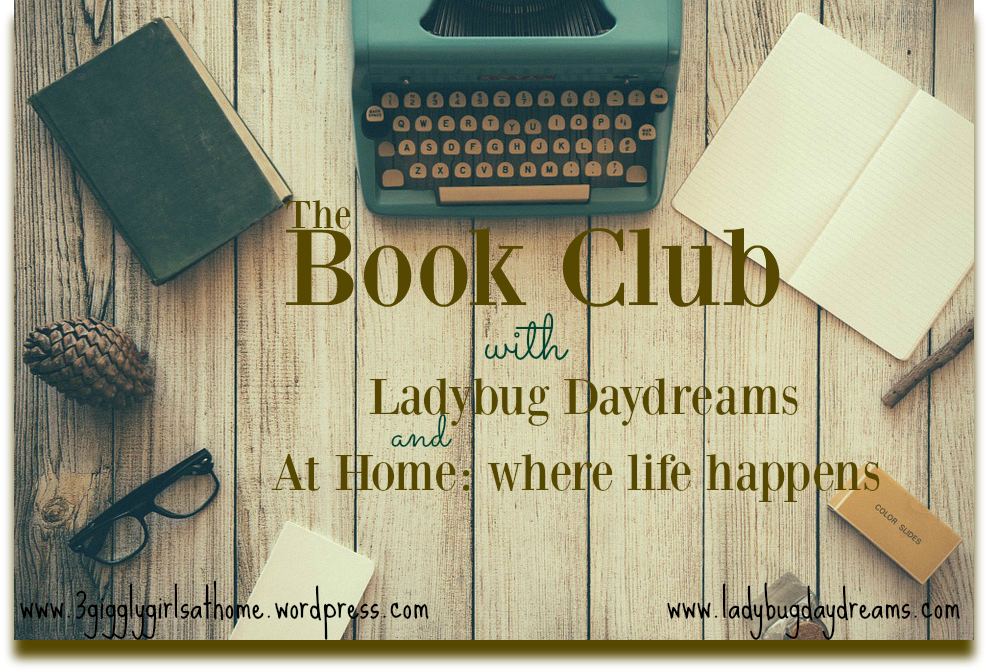
For Book Club this month, Lori and I have been reading Miss Peregrine’s Home for Peculiar Children. I suggested it after having seen the movie with my mom (on a “girl date”). The movie was enjoyable enough, so I was interested in the book. Because we borrowed the book from my mom instead of the library, Munchkin and Will also read it this month (we didn’t have to worry about late fees).
In case you’re unfamiliar with the story, here’s the synopsis from the publisher:
A mysterious island…. An abandoned orphanage…. A strange collection of very curious photographs.
It all waits to be discovered in Miss Peregrine’s Home for Peculiar Children, an unforgettable novel that mixes fiction and photography in a thrilling reading experience.
As our story opens, a horrific family tragedy sets sixteen-year-old Jacob journeying to a remote island off the coast of Wales, where he discovers the crumbling ruins of Miss Peregrine’s Home for Peculiar Children.
As Jacob explores its abandoned bedrooms and hallways, it becomes clear that the children were more than just peculiar. They may have been dangerous. They may have been quarantined on a deserted island for good reason. And somehow—impossible though it seems—they may still be alive.
A spine-tingling fantasy illustrated with haunting vintage photography, Miss Peregrine’s Home for Peculiar Children will delight adults, teens, and anyone who relishes an adventure in the shadows.
Before I dive into the questions, I want to give a short review of my thoughts on the book. Going in, I wanted to like it. I really did. My mom, husband, and son all read it before me and raved about it, so I thought it would be great. But I found it to be touch on the boring side. It took a really long time to get to the action, and by the time it was there, I wasn’t really sure I cared anymore. I understand that the author wanted to really build up the idea behind the island and the peculiar children (are they real or was Jacob’s grandfather making up stories?), but it was too much in my opinion. It would have been better served making things happen a bit quicker. That isn’t to say the book is bad, it was just slower moving than I’d expected based on the film adaptation.
Questions are from LitLovers. Spoiler alert is in effect.
What effect did the photographs have on how you experienced this novel? In fact, what was your reading experience of Miss Peregrine’s Home for Peculiar Children? How did it make you feel? Were you disturbed…or fascinated…or something else? Did the book hold your interest?
I enjoyed looking at the photographs, but I don’t think they really effected my experience of the novel. I thought they were rather interesting to see, but the novel wouldn’t have been worse without them. I did think it was a very interesting way of “illustrating” a book. However… I also thought they seemed forced sometimes. What I mean by that is that it seems that perhaps Mr. Riggs found a bunch of random pictures in an attic or estate sale or something and decided to use them as the basis for a story rather than the other way around. I also hated that some pages went unfilled in order to fit a photograph in. It would have been better to run some of the photographs smaller (rather than letting each one take up a full page on a background) and put them at the bottom of the text. It seemed lazy on the part of the book designer to just leave off in the middle of a page, even if it wasn’t at the end of a chapter. There had to have been a better way to lay out the book to include the pictures without compromising the beauty of the book. (Now I sound like the wife of a book designer… which I am.)
As far as whether the book held my interest… yes and no. As I mentioned earlier, it took a really long time to get going. Once it did, and Jacob made it into Miss Peregrine’s house, it was fine.
What about Abe Portman, what kind of character is he? What kind of a world does he create in his stories for young Jacob? Why do the stories intrigue Jacob so much?
Abe Portman (Jacob’s grandfather, who dies at the beginning of the book) was a pretty deep character, despite the fact that he didn’t even make it out of the first chapter. He was talked about by the other characters, and obviously loved by the other peculiar children (children with special “powers” and abilities) in the home, and they were devastated when he left to join the war effort in 1940. The stories he tells young Jacob are fascinating – who wouldn’t be interested in tales of a girl who floats or a boy living with bees inside of him?
The stories are intriguing to Jacob for a couple of reasons. First, they’re being told by his grandfather. He has a wonderful relationship with him, and he wants to trust him – he does trust him. Secondly, there’s just so much going on in each one that they seem like fantastic adventures, and that’s enough to intrigue any little boy.
As he moves into adolescence, why does Jacob begin to doubt the veracity of his grandfather’s stories? In what way does he think they may be connected to Abe’s struggle under the Nazis?
Jacob’s not a very nice teenager (he’s 16 when the book takes place – the parts about him being a child listening to his grandfather’s stories are told in retrospect only). He’s very worldly and generally rotten. It’s not surprising that a child with that personality would suddenly doubt the truth in the stories his grandfather told. Simply put, he outgrows the stories.
As for the stories being connected to Abe’s struggle under the Nazis, that idea comes about as a way to justify Jacob’s own disbelief.
Talk about the house in Wales. When Jacob first lays eyes on it, he observes that it “was no refuge from monsters, but a monster itself.” Would you say the house serves as a setting to the story…or is its role something else—a character, perhaps?
It’s one of my pet peeves when people suggest that a place is a character in a story. Words have meanings, and “setting” and “character” are not interchangeable. So no, I don’t think the house was a character. It was a setting. Jacob considers it a “monster” because it was such a different kind of place from what he was used to. When he first sees it, he sees the bombed out version, not the lovely place that his grandfather and the other peculiar children know and love. Seeing the destroyed house, which no one in 70+ years bothered to restore or tear down, was a kind of confirmation to Jacob that his grandfather’s stories were nothing but tall tales.
Talk, of course, about the peculiar children. Which of their oddities and personalities do you find most intriguing?
I struggled a bit to keep the names straight among all the different peculiar children because so many of them are mentioned so briefly to be almost just in passing. Obviously Emma is an easy choice because she’s the main character after Jacob himself. I think my favorite is the girl who floats, though (in the movie, this was Emma, but it’s a different character in the book, and I can’t remember her name offhand). I thought it was really great how Mr. Riggs thought of seemingly everything in regards to this character – she wore lead shoes to walk around, she had to be seatbelted to her chair at mealtimes. Perhaps I found her the most intriguing because I’m so short. Being able to rise above things isn’t something I’ve ever experienced (excluding airplane trips, but even that’s been nearly 20 years for me). On a subconscious level, I think I liked the idea of getting to see things from a different, higher up, perspective.
In what way can this book be seen as a classic quest story—a young hero who undertakes a difficult journey and is transformed in the process? Do you see parallels with other fantasy works involving young people?
Definitely a “classic quest” story. Jacob has no idea what to expect – doesn’t even know if he should be expecting anything – and comes across something absolutely beyond what he could have seen in his wildest dreams. He moves from being pretty much a punk of a teenager in the beginning to being one who sees value in his grandfather’s life and stories.
From the very beginning, the book reminded me of the Percy Jackson series, so yes, I saw parallels with another fantasy series.
~*~*~
Thanks for reading along with my thoughts on Miss Peregrine’s Home for Peculiar Children. Make sure to visit Lori’s blog as well to read her insights. I’m always fascinated how the two of us can read the same book and come up with such different answers to the same questions – that’s what makes this book club so fun!
Our next book is Beric the Briton by GA Henty, which is available for free on Amazon Kindle if you’d like to read along with us.
Did you read Miss Peregrine with us this month? Write about it on your blog? Have you read it before, and want to share your thoughts? Link up with us! Questions are from LitLovers, or you can write your post as more of a “review” style if you prefer.
Blessings,






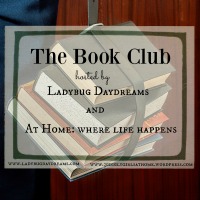

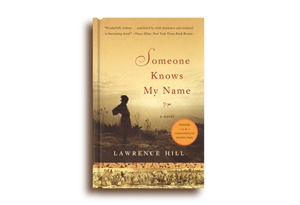

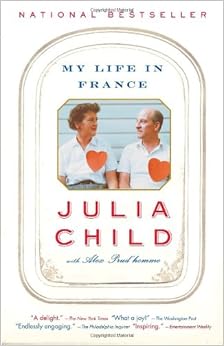




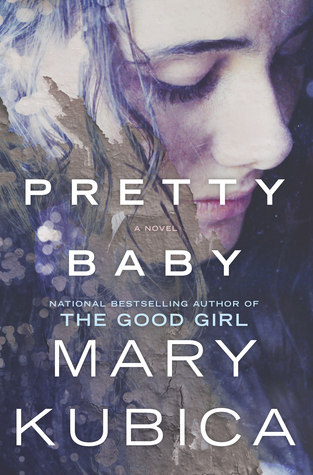
 Loading InLinkz ...
Loading InLinkz ...